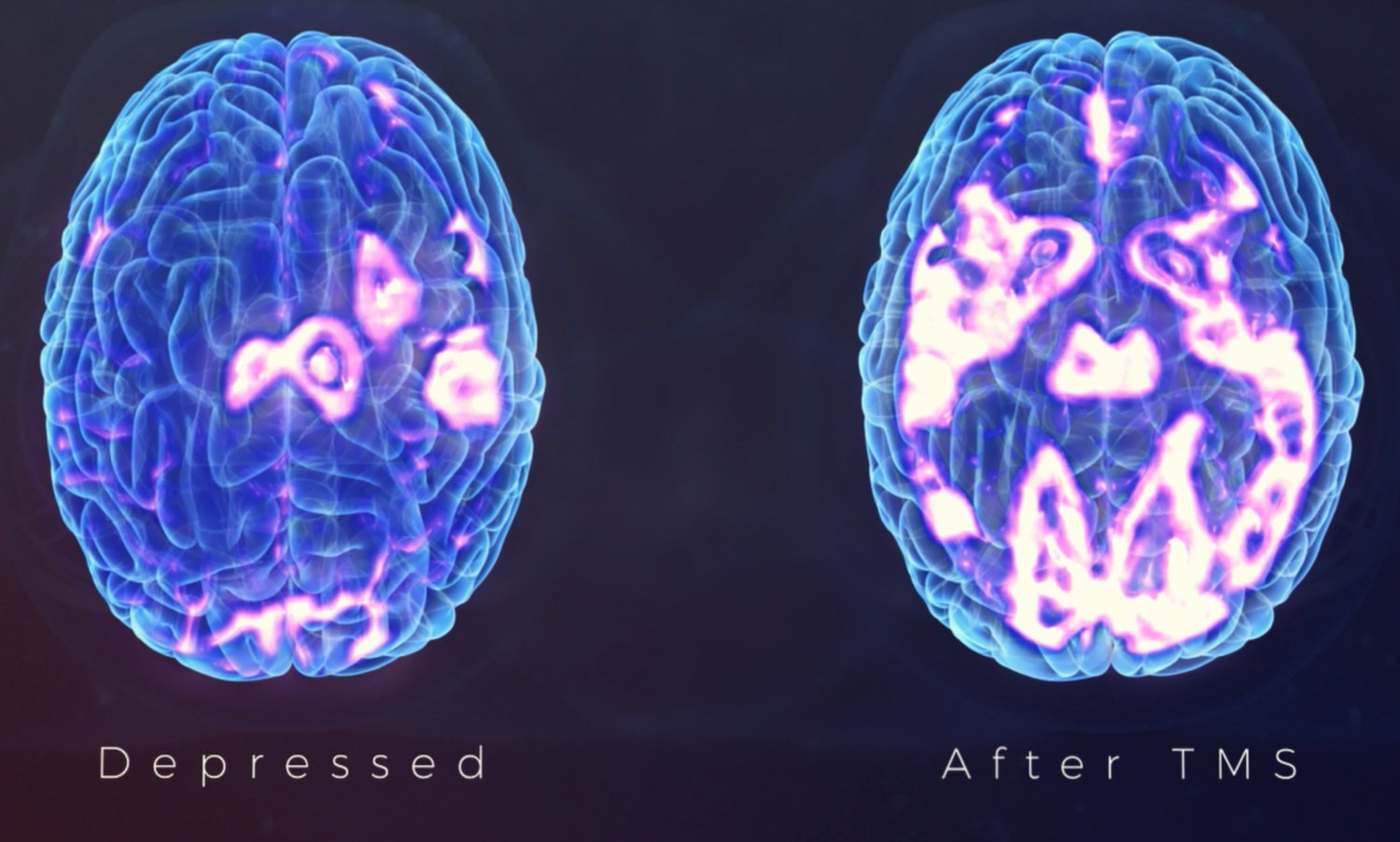TMS Therapy is a new treatment for depression that has been proven to be safe and effective.
Since depression is growing so common that 3,7% of the total population is affected with depression, while among them, 5.0% are elders and 5.7% are elders above 60.
To reduce this common problem which is extensively spreading, TMS Therapy was originally developed as a tool to help map out areas of chronic pain. It was found useful in treating other conditions such as depression.
For better understanding, in this article basepoint talks about TMS treatment for finding the best ways to get rid of depression when medication isn’t an option.
This article will give you an overview of what TMS Therapy is, how it works for people with major depressive disorder, who can benefit from it, and how it can be effective for solving nervous disorders employing the latest scientific techniques.
It will give you the basics of what TMS Therapy is, how it affects, and who to get more out of it to resolve depression.
1. What is TMS Therapy
The acronym “TMS” stands for Transcranial Magnetic Stimulation. It involves using magnetic pulses to stimulate nerve cells in the brain through an electric coil placed near the head.
The electrical impulses create small magnetic fields which penetrate deep into the brain tissue without damaging or altering any other area of the body or brain function. TMS was originally developed as a tool to help map out areas of chronic pain in order to guide physicians during surgery but has since been found useful in treating other conditions such as depression.
2. How does it work for depression
TMS Therapy is not a new kind of treatment but it is one of the newest treatments for depression. It has been proven to be safe and effective in treating people with major depression. The TMS Therapy works by using magnetic pulses to stimulate nerve cells in the brain. These magnetic pulses create small electromagnetic fields that penetrate deep into the brain tissue, without damaging or altering any other area of the body or brain function.
Currently, TMS is being used in a number of ways to treat mental health conditions such as major depressive disorder and bipolar depression. The treatment works by zapping nerve cells in the area of the brain involved in mood regulation which in turn helps alleviate symptoms of depression including reduced energy, changes in sleep patterns, loss of interest, and pleasure.
3. Side effects of TMS therapy
Although TMS Therapy is not a new therapy, it is still being researched and developed. The treatment has been proven to be safe and effective for major depressive disorder. However, there are some side effects that people should be aware of when receiving the TMS Therapy treatment.
Potential side effects of TMS Therapy can include headaches, dizziness, nausea, scalp pain, neck pain or muscle tightness/spasms, and tingling sensations in the face or extremities. It is important to speak with your doctor about any problems you might experience as they may be able to tell you how often your sessions will occur and if they can prescribe medication to reduce your symptoms.
4. The benefits of TMS therapy for depression
One benefit of TMS therapy for depression is that many people do not need to take medications or antidepressants. Some people with depression can’t take these medications and they may experience side effects like nausea, weight gain, and sexual dysfunction.
These side effects can make it difficult for people with depression to lead a normal life and they often stop taking the medication. With TMS therapy, all you need is intermittent pulses on the scalp via a magnetic coil to stimulate the neurons in your brain.
Another benefit of TMS therapy is that you can decide on how often you want treatment sessions.
Since some types of treatments have had adverse health consequences from being too frequent or too infrequent, therapeutic doses of TMS from once a week to three times a week can give people with depression more freedom and control over their treatment.
5. Who most benefits from TMS therapy for depression?
The best candidates for TMS therapy are individuals with major depressive disorder who have not responded to medications or other treatments such as psychotherapy. Although some people may benefit from TMS alone, it is typically used in conjunction with other treatments. People who have not responded to antidepressant treatment should consider TMS therapy as a possible alternative.
6. Is the treatment right for me?
If you are currently receiving medication for major depression, it is important to talk to your doctor about the TMS therapy before making any decisions. Your physician will be able to tell you how often your sessions will occur and if they can prescribe medication to reduce your symptoms.
One benefit of TMS therapy for people with major depression is that many do not need to take medications or antidepressants. Some people with depression can’t take these medications because they experience side effects like nausea, weight gain, and sexual dysfunction which can make it difficult for them to lead a normal life.
With TMS therapy, all you need are intermittent pulses on the scalp via a magnetic coil in order to stimulate the neurons in your brain.
Conclusion
If you’ve been struggling with major depression and haven’t found relief from medications or other treatments, TMS therapy may be the answer.
As one of the newest treatment options for mental health conditions like bipolar depression and major depressive disorder, it has proven to be a safe and effective solution that doesn’t require taking medication. The treatment works by zapping nerve cells in an area of your brain that regulates moods which helps alleviate symptoms including changes in sleep patterns, loss of interest, and pleasure.








Leave a Reply
You must be logged in to post a comment.